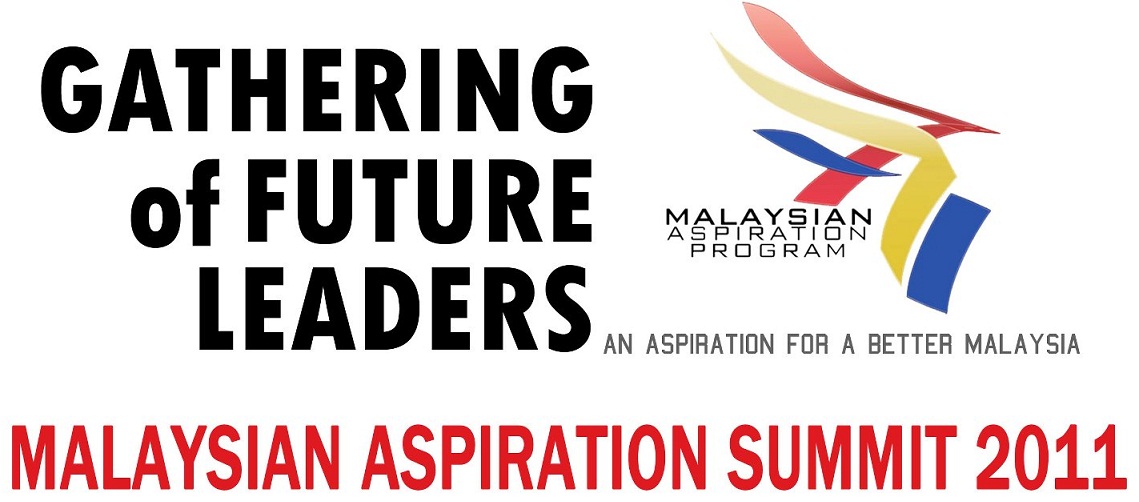Malaysia’s Constitution offers a good basis to forge a modern and moderate Muslim-majority country out of its pluralist society, Parti Keadilan young gun Nik Nazmi Nik Ahmad said at a public lecture in Melbourne
The challenge was to get Malaysians of the various ethnicities out of their inertia or ignorance to dismantle the race-based politics of old, said the Assemblyman for Seri Setia in the Selangor State legislature, who is Keadilan communications director.
Nik Nazmi saw hope in the “second tier” of young politicians coming through – counting his party’s vice-president, Nurul Izzah Anwar, and himself at age 29 as among them – and the “younger Malaysians here today” among the future for Malaysian politics. Nik Nazmi had been invited by the Malaysian Students’ Council of Australia (Masca) Victoria to speak at its annual forum. It is a measure of heightened interest in Malaysia that the Asia Institute at the University of Melbourne with Asialink and the Asia Society AustralAsia Centre co-hosted Nik Nazmi at a subsequent public lecture on October 11.
Nik Nazmi followed with a forum at the Australian National University (ANU) in Canberra on October 12, and in Sydney on October 13 and 14. He preceded this visit with a guest contribution to New Mandala, on race relations as an introduction to the issues he would be touching on. Rising tensions in Malaysian politics had less to do with Malaysia’s Constitution and other formal structures than its entrenched authoritarian political culture, says Nik Nazmi.
“The mistaken belief that the Constitution embodies Malay Supremacy (ketuanan Melayu) – a term only introduced in the mid-1980s – is a result of the hijacking of history by political propagandists, racist brainwashing camps for university students and civil servants, and extremist sentiments being played up by BN-owned media,” he writes in New Mandala.
He says he is confident of a peaceful transition in Malaysia away from race-based politics.
Nik Nazmi at the Melbourne lecture fielded some challenging questions from the mixed audience of about 60, among them students, Malaysian residents in Melbourne, and academics including Malaysia-born Professor Kee Poo Kong, Director of the Asia Institute. Answering a question on the merits of an opposition shadow cabinet, Nik Nazmi mocked relief that the opposition did not win government in 2008, “otherwise we would have (had) a funny cabinet”.
But he had no doubt that since 2008 Pakatan Rakyat (the People’s Alliance) had been forging a coherent platform from its coalition of a “multiracial centrist” PKR, “moderate Islamist” PAS, and “centre-left, largely non-Malay” DAP. In the audience was Monash University politics-law student Zaim Mohzani, who shares Nik Nazmi’s optimism in youth for the future of politics in Malaysia. Zaim is executive director of Masca’s Malaysian Aspiration Programme (MAP), which invited Nik Nazmi for its forum.
Nik Nazmi was part of a panel that included UMNO Youth executive committee member Datuk Zaki Zahid, and David Teoh, National Organiser in Australia for BERSIH (BERSIH Australia), the civil society movement in Malaysia.
“Our aim was to raise awareness of political participation among students and to promote civic discussions,” said Zaim, who moderated the session on politics, one of three at the MAP (report available here). The other two were on entrepreneurship and the role of corporate governance in Malaysia’s transformation programme.
 Facebook
Facebook  Twitter
Twitter  Soundcloud
Soundcloud  Youtube
Youtube  Rss
Rss 